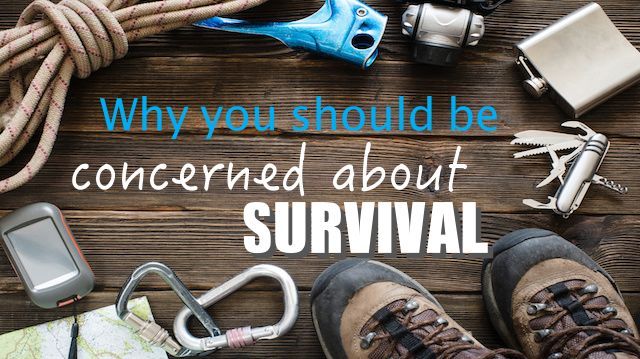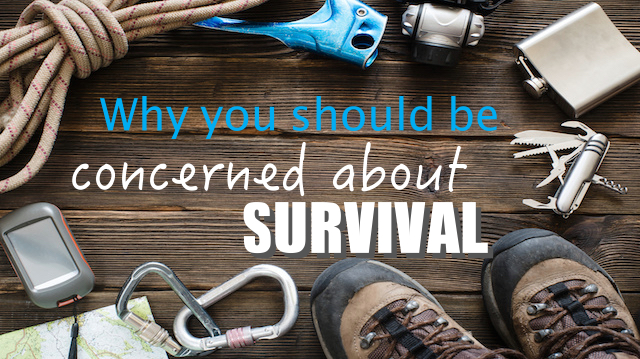
As a kid, one of the coolest things to do was set up the tent in the backyard or throw out some sleeping bags on the trampoline. We had a forest just past our backyard, and if my siblings and I really wanted the full camping experience, we would take the tent into the trees a few yards and rake the leaves and sticks out of the way. In our minds, if we slept on a rock, that was really “roughing it.”
It’s been a long time since I camped out in the backyard, and quite honestly, it doesn’t hold the same allure for me anymore. When the bathroom is just a short walk away and the greatest risk is catching a cold or getting a mosquito bite, I’ve realize that this idea of roughing it may not have been very realistic.
Another of our favorite pastimes was building forts. We would find a cool rocky outcrop or hollow in the ground and immediately begin erecting walls made from sticks, rocks, and whatever scraps of wood we could find lying around in the garage.
My dad would call us down from our rooms a few weeks later to show us his favorite hammer, now covered in rust because we had left it out in the woods.
What I am talking about sounds like childish games. At the time, it was! We had a nice house to live in that was warm and safe. We had toilets and showers and laundry machines. We had a pantry and refrigerator full of food all the time. We had nice soft beds and warm blankets. In short, we had no need to sleep outside. We had everything we could possibly need.
This might not always be the case!
It is easy to grow complacent and take things for granted when you grow up with everything you need mere footsteps away. It’s easy to assume that things will always be this way and that learning other skills is not important. Be careful not to let this happen to you! There are many different reasons why you may need to have some survival skills under your belt.
The most relevant circumstance is if you are lost or stranded.
Losing your way on a casual hike is actually a lot easier than you might think. You could also be way out in the woods and your vehicle could die. Communication is not always possible if your cell phone dies or does not have reception. Even with a GPS device it could take days to hike back to civilization. Knowing how to stay alive could suddenly seem like a very important gap in your education.
A more extreme situation would be if there is some sort of societal or governmental collapse and suddenly all of the conveniences of modern-day life are limited, if not gone. Gas stations, grocery stores, power companies, hospitals… all of these could be out of business and abandoned leaving you to fend for yourself.
If something like this occurred, the ones who survive the longest will be the ones who learn to adapt. Wouldn’t you like to be ahead of the game? Wouldn’t you like to possess the knowledge and skills necessary for survival?
Let’s briefly touch on a few topics you’ll need to research in order to be well prepared in a survival situation.
The first three are of equal importance in the long term, although depending on the situation, one or another may be more pressing.
Shelter
Shelter is probably the most important thing for day one in real-world survival. Lack of food and water is bad enough, but being exposed to the elements can kill you within hours, depending on the climate and time of year. Deserts are dry and hot. Mountainous regions in the winter are very cold. Either of these extremes can be enough to kill you, or at least make you sick and too weak to care for yourself or perform any of the tasks needed to stay alive.
Shelter is a means of protecting yourself from wind, cold, heat, rain, hail, snow and even dust storms. Different types of shelter are needed for some of these environments, so it’s wise to learn what works when and where.
Water
Water is something you absolutely cannot do without for more than a few days. Your body needs it to survive even more than food. Above all else, try to find a source of clean water or have a way of purifying whatever water you can find. There are many ways to find water in nature if you know where to look. It’s well worth learning more about various sources of water where you live or in the places you like to explore.
Food
After your shelter and water needs are met, then you need to begin searching for food. You can hunt, fish, or forage for food in the wild. All three require a certain level of knowledge and training. Animals and fish are sometimes difficult to obtain, and there are many plants that are very harmful if eaten, or even touched. Knowing where and how to get food is a skill that could mean the difference between life or death.
Now that the essentials are dealt with, you need to be thinking ahead towards things like…
First aid
Knowing how to treat minor and major injuries and deal with illnesses may become necessary very quickly when you are living in nature, where things are not sanitized or ouch-proofed.
Navigation
 Knowing how to find your way to civilization could mean the difference between walking for a few days or a few weeks out in the bush. A compass, maps, and nature itself can all be used if you know how.
Knowing how to find your way to civilization could mean the difference between walking for a few days or a few weeks out in the bush. A compass, maps, and nature itself can all be used if you know how.
There are many more useful skills that will come in handy. Knowing how to start a fire without matches, foraging, hunting and fishing, building, mechanics, sailing, radio technology… the list of useful skills is quite extensive.
Think ahead. Learn the necessary skills to get by in a survival situation. Don’t take your modern comforts for granted. A little bit of planning and practice now could save your life later. Don’t become a victim of your circumstances. Be resourceful! Most of all, be prepared!
—Kyle Kramer
Kyle is an outdoor enthusiast with a passion for nature and sustainability. When he is not writing, you will find him in his workshop crafting with local wood, hiking in the Arizona mountains, fly fishing, horseback riding or putting together a healthy meal in the kitchen.

